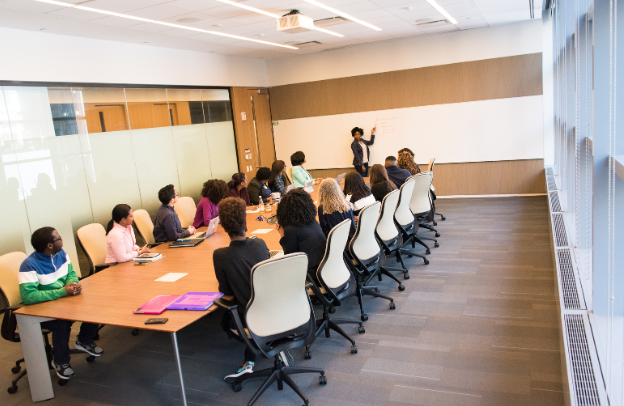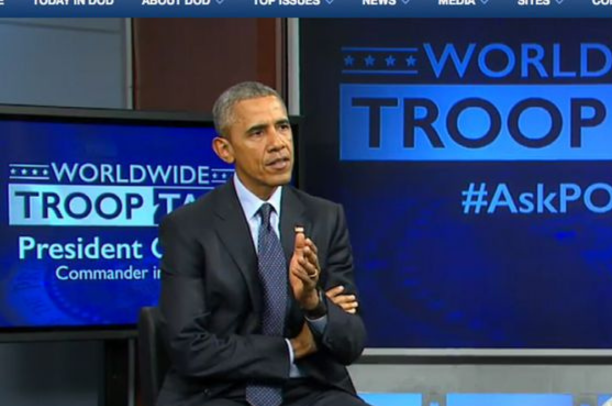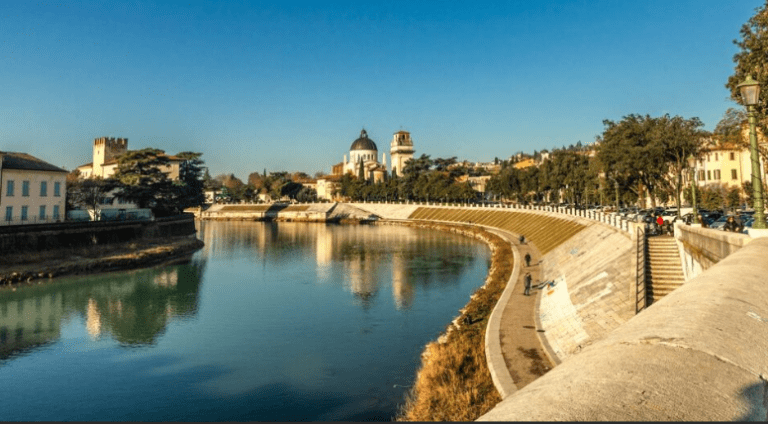Building Bridges with Stories: How Social Impact Storytelling Fosters Unity in the African Diaspora

What if the stories you tell could change the world? What if your personal experiences, your culture, and your journey as an African diaspora entrepreneur could unite communities, spark collaboration, and drive real change across borders? In a globalized world, it’s easy to feel disconnected. Yet, there’s a powerful tool you have at your disposal—storytelling. Through the art of storytelling, you can create meaningful connections, foster unity, and inspire others to act.
Learn How to Leverage Your Story through our Story To Asset Framework.
This isn’t just about telling a good story. It’s about using your story to connect with others who share your heritage, your struggles, and your vision for a better future. And, as you’ll see, when you share your cultural narratives, you can build bridges that transcend borders and inspire a collective effort for social change.
But how do you do it? How can social impact storytelling help you unite the African diaspora and make a real impact? Let’s explore how sharing your story can connect you to millions of people, spark collaboration, and drive social change across the globe.
Why Storytelling is a Powerful Tool for Unity
Storytelling has been a part of human culture for centuries. It’s the way we pass on our traditions, our values, and our histories. But storytelling is more than just a way of remembering the past—it’s also a way of shaping the future. When done right, storytelling can bring people together, bridge gaps, and inspire action.
This is especially true within the African diaspora, where shared history, culture, and struggles form the foundation for unity.
Studies show that storytelling has a profound impact on human connection. According to a Harvard Business Review article, 63% of consumers are more likely to engage with a brand that tells a compelling story. This statistic illustrates that storytelling is not just a tool for entertainment; it’s a tool for creating emotional connections and inspiring action.
See also Rediscovering Indigenous Knowledge Systems and the Power of Storytelling
When applied to social impact entrepreneurship, storytelling can go even further, serving as a catalyst for change, collaboration, and empowerment.
For African diaspora entrepreneurs, storytelling is not just about telling your own story—it’s about weaving a larger, collective narrative. The African diaspora is vast, with an estimated 200 million people living outside the African continent.
From the Caribbean to Europe, North America to Asia, the diaspora is spread out, but united by common histories of migration, resilience, and cultural heritage. When you share your story, you’re not just sharing your personal experience; you’re tapping into a collective identity that resonates with millions of people across the globe.
The African Diaspora: A Global Community in Search of Unity
While the African diaspora is a powerful global community, it remains fragmented in many ways. Despite shared experiences of colonialism, migration, and cultural exchange, there are divisions between diaspora communities. These divisions can be cultural, geographical, or generational.
But what if these divisions could be overcome through the power of storytelling? What if the stories we share could create a sense of unity and shared purpose?
See also Obehi Ewanfoh’s 46th Birthday Reflection: Celebrating Gratitude, Family, and the Art of Storytelling
This is where social impact storytelling comes into play. By sharing cultural narratives, you can bridge the gaps between different diaspora communities, fostering a deeper sense of connection and collaboration. This is especially important as the African diaspora continues to grow in influence.
According to Africa.com, the purchasing power of the African diaspora is estimated to be over $200 billion. This represents a significant economic force, but it also underscores the diaspora’s ability to create change through collective action.
The World Economic Forum reports that there are more than 200 million people of African descent living outside of Africa, with an additional 1.4 billion people residing on the continent. This makes Africa a rapidly growing demographic that will soon account for over 25% of the global population.
The article titled How Tapping into the Power of the Global Black Economy Can Boost Africa’s Innovation and Prosperity highlights the significant economic impact of the Black community. In 2021, the estimated spending power of Black Americans alone reached $1.7 trillion. However, despite this impressive figure, the net worth of the Black community has seen a decline of 14%. This decrease has been driven by factors such as the reduced focus on long-term investments like real estate acquisitions.
When diaspora entrepreneurs share their stories, they provide a window into the diverse experiences of their communities. These stories can help bridge generational divides, unite people from different regions, and spark meaningful conversations about shared challenges and goals.
You might also like Jay Pascua on Brand Storytelling and How Can It Be the Differentiator For Entrepreneurs
Whether it’s through storytelling about migration, identity, or the preservation of cultural heritage, these narratives can inspire others to come together and work toward common objectives.
Obehi Ewanfoh: A Case Study in Storytelling for Unity and Social Impact
One entrepreneur who has successfully harnessed the power of storytelling to unite the African diaspora is Obehi Ewanfoh, a Nigerian social impact entrepreneur based in Verona, Italy. Obehi’s journey from Nigeria to Italy is a powerful example of how personal and cultural narratives can foster unity and social change within the diaspora.
Through his initiative WeDiasporan, Obehi reconnects people of African descent with their cultural heritage, creating a platform for collaboration and cultural preservation. He uses his own story—his migration from Uromi, Nigeria, to Italy—as a way to connect with others who share similar experiences.
But his work goes beyond just sharing his personal narrative; it’s about building a collective story of empowerment and unity. Obehi’s We Diasporan project focuses on cultural exchange, promoting African identity, and building partnerships within the diaspora.
Through storytelling, he bridges divides between different diaspora communities and fosters a sense of solidarity.
Obehi also amplifies the voices of other African diaspora members through his The Obehi Podcast, where he discusses a range of topics from cultural identity to social entrepreneurship.
His podcast serves as a platform for sharing stories that inspire action and collaboration. By using his personal narrative and the stories of others, Obehi demonstrates how storytelling can be a powerful tool for social change.
How You Can Build Bridges Through Social Impact Storytelling
As an African diaspora entrepreneur, you have a unique opportunity to use your story to connect with others and drive social change. But how do you do it? Here are some steps to help you harness the power of storytelling and foster unity within the diaspora:
1. Embrace Your Cultural Identity
The first step in using storytelling for unity is embracing your cultural identity. Your story is rooted in your heritage, your upbringing, and the values that have shaped who you are. By sharing your personal journey, you provide others with a glimpse into your world, which may resonate with their own experiences.
Whether you’re sharing a story of migration, resilience, or cultural pride, your narrative can help others see themselves in your journey, creating a shared sense of identity and belonging.
2. Share Stories of Struggle and Triumph
The African diaspora is united by a history of struggle and triumph. Whether it’s overcoming the challenges of migration, navigating racial discrimination, or fighting for social justice, the stories of the diaspora are rich with lessons of resilience and hope.
By sharing stories of both struggle and triumph, you can inspire others to take action and work toward common goals. These stories can create a sense of solidarity and motivate others to join your cause.
3. Create Platforms for Storytelling
To reach a wider audience, you need to create platforms for sharing your story. Social media, podcasts, blogs, and videos are all powerful tools for amplifying your narrative. By sharing your story across different platforms, you can connect with individuals in the diaspora and beyond, creating a network of people who are committed to social change.
See also The Role of Cooperatives in Sustainable Agribusiness: The Potential for Diaspora Entrepreneur
Obehi Ewanfoh’s podcast is a great example of how to use storytelling as a tool for global collaboration and change. By consistently sharing stories that resonate with your audience, you can build a community of like-minded individuals.
4. Encourage Collaboration and Action
Storytelling is not just about telling your story; it’s about inspiring others to act. When you share your narrative, make sure it’s tied to a call to action. Whether you’re advocating for cultural preservation, social justice, or economic empowerment, use your story to encourage collaboration and inspire action.
Show your audience how they can get involved and contribute to the cause, and provide them with opportunities to make a difference.
Conclusion: The Ongoing Power of Storytelling in Uniting the African Diaspora
Social impact storytelling has the power to transform lives, unite communities, and create lasting change. By sharing your personal and cultural narratives, you can bridge divides, foster collaboration, and inspire action across the African diaspora and beyond.
As the diaspora continues to grow in influence, your story can be the spark that ignites a global movement for social change. So, what’s your story? How will you use it to build bridges and create a better future for all? The world is waiting to hear it.
Learn How to Leverage Your Story through our Story To Asset Framework.





